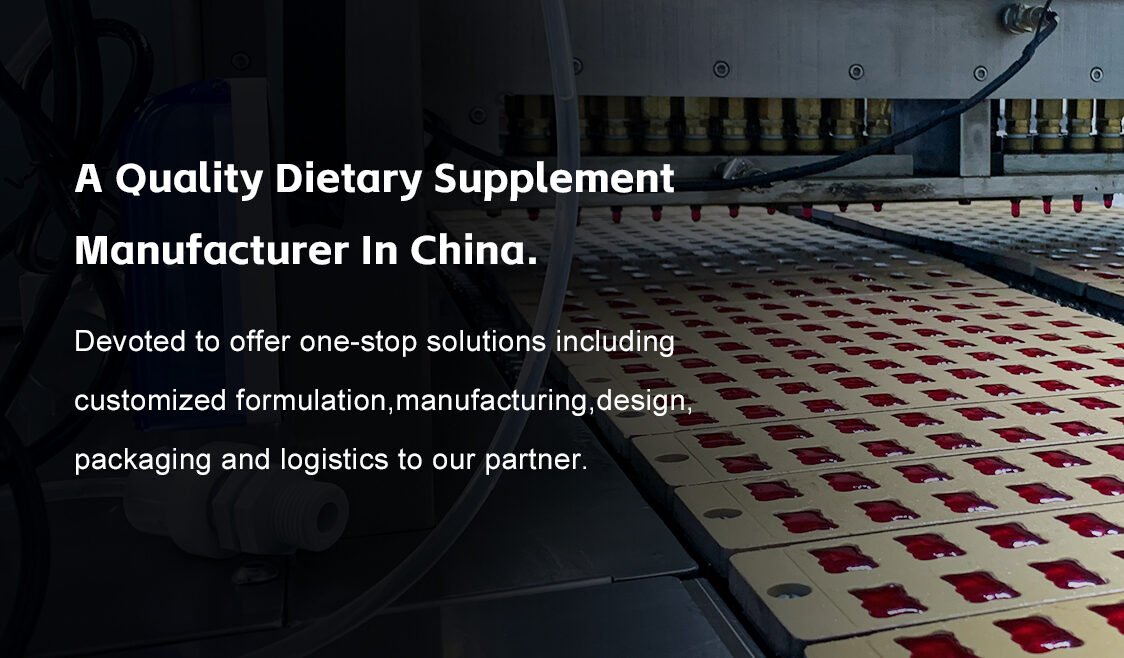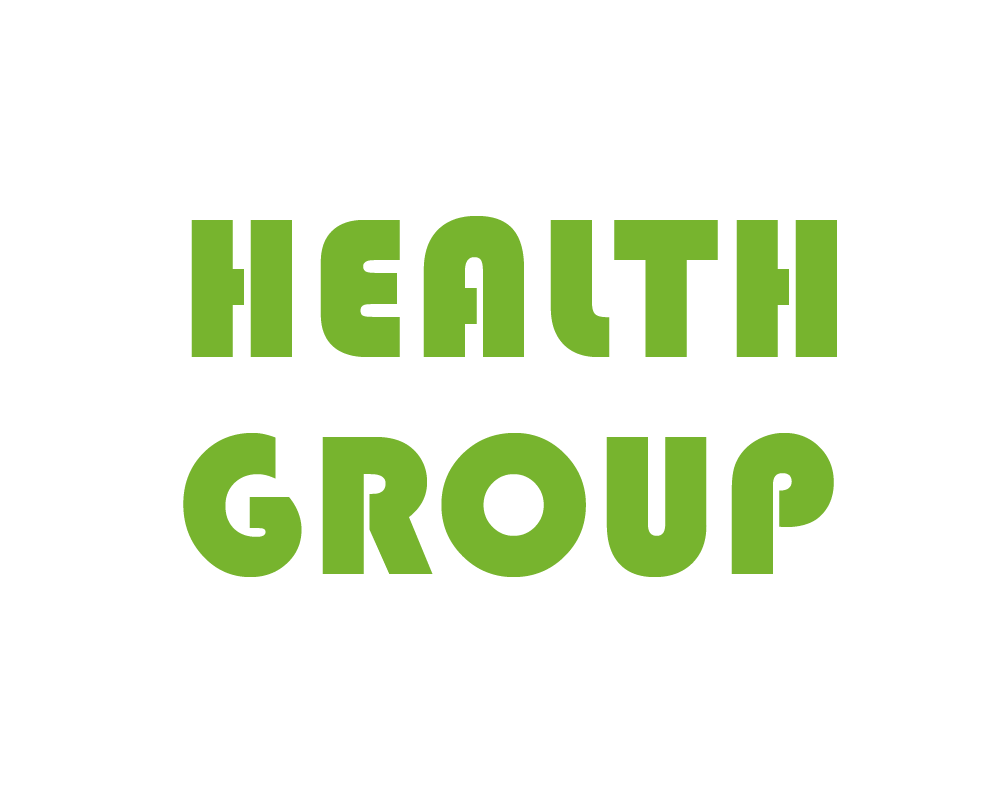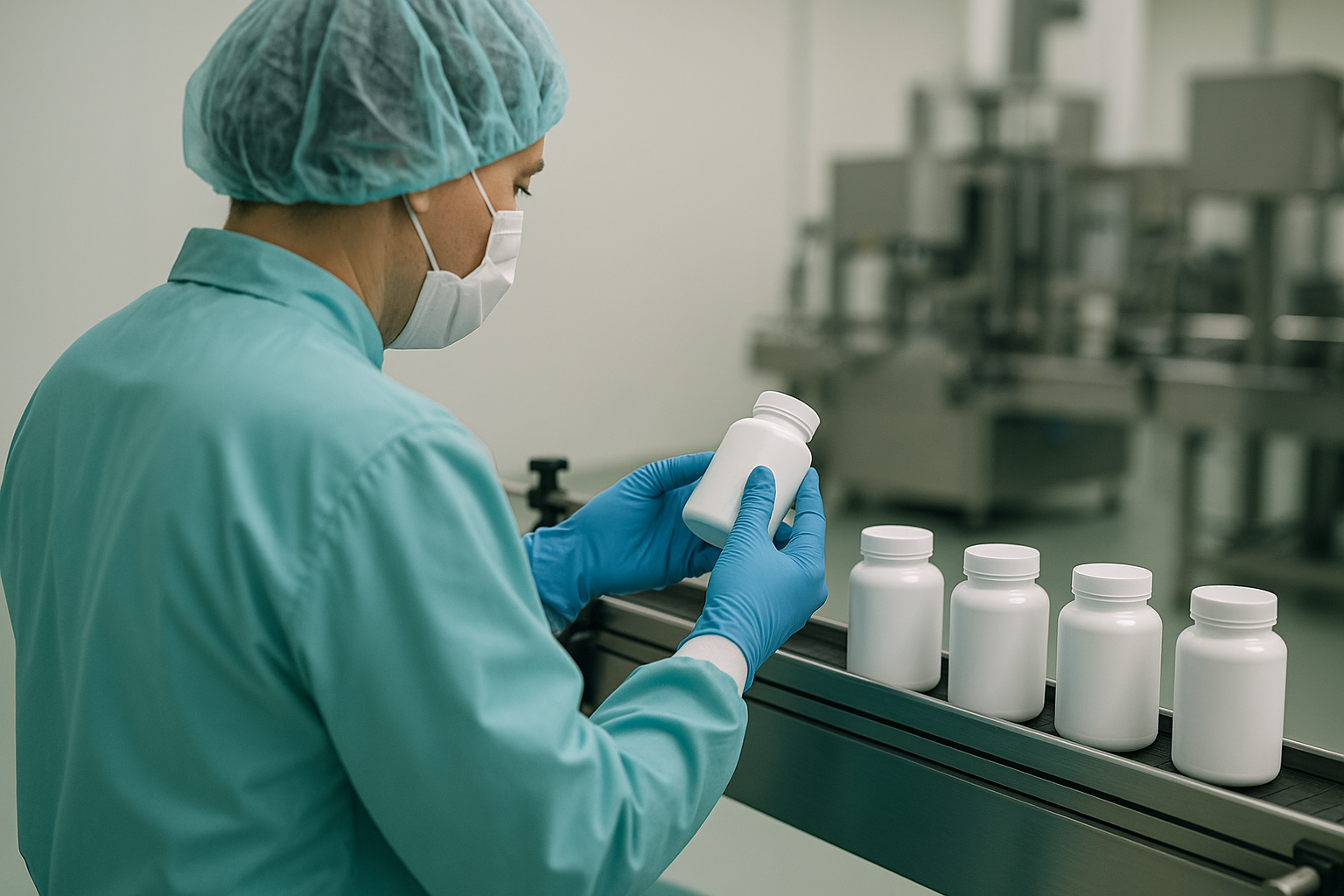
In a saturated supplements market, choosing quality-proven private label dietary supplements can define the success or failure of your brand. Whether you’re a startup or a well-established player, sourcing reliable, safe, and effective private label supplements isn’t just about finding the cheapest offer—it’s about long-term brand credibility.
From FDA-compliant facilities to ingredient transparency and third-party testing, knowing what separates a trustworthy supplement manufacturer from the rest is critical.
Discover how to identify quality proven private label supplements with trusted sourcing, manufacturing, and compliance tips. This guide breaks down the proven steps to find high-quality private label supplements that meet regulatory standards and build trust with your customers.
* According to Nutritional Outlook, more than 77% of U.S. adults use dietary supplements regularly, raising the bar for quality expectations.
1. What Defines a “Quality-Proven” Private Label Supplements?
Not all supplements are created equal. A quality-proven supplement goes beyond label claims and delivers results backed by science and compliance.
Before anything else, verify if the manufacturer offers evidence of quality—such as testing reports, clinical references, and transparent sourcing.

A reputable private label supplement manufacturer will support you with Certificate of Analysis (COA), allergen-free declarations, and shelf-life documentation. These are not optional—they are the baseline of trust.
* The Council for Responsible Nutrition (CRN) emphasizes that informed consumers now demand full transparency from brands.
* A recent survey by the CRN reveals that 83% of supplement users seek proof of efficacy and safety.
2. Why Are Certifications and Compliance Non-Negotiable?
Certifications like cGMP, FDA registration, ISO, and NSF are more than badges—they’re proof of strict process adherence.
If a manufacturer can’t provide valid certificates, your brand could be exposed to legal and reputational risks.

Look for manufacturers audited by third parties. FDA-registered facilities follow rigid controls, from ingredient storage to batch documentation. If you plan to export, certifications such as HACCP or Halal/Kosher may also be necessary.
* Global Industry Analysts report that supplement recalls due to regulatory failure cost companies millions annually.
* NSF International states that cGMP-certified facilities reduce production risks by over 40%.
3. How to Evaluate Ingredient Transparency and Purity?
Your product is only as good as its ingredients. Knowing where each raw material comes from is essential to ensure efficacy and safety.
Proven private label supplement manufacturers disclose the origin and grade of their ingredients upon request.
You should receive full documentation for each ingredient, including MSDS, COA, and identity testing. Ask if the supplier avoids fillers, artificial dyes, and banned substances. Transparency is your legal and ethical defense.
* Studies show that over 50% of supplement recalls stem from undeclared or adulterated ingredients.
* Ingredient purity is a critical factor in global market approval, especially in Europe and North America.
4. What Manufacturing Practices Should You Prioritize?
Proper manufacturing isn’t just about machinery—it’s about process control, sanitation, and traceability.
Prioritize partners who follow strict SOPs (Standard Operating Procedures) for each stage of production.

Ask the supplier how they handle allergens, cross-contamination risks, and equipment calibration. Do they offer batch-level documentation? Are their SOPs reviewed regularly? These practices make the difference between good and great.
* Harvard School of Public Health reports that cross-contamination in supplement manufacturing can lead to serious health risks.
* Over 60% of brand reputation loss in supplements comes from poor manufacturing hygiene.
5. How Do You Compare Supplement Suppliers Effectively?
With thousands of suppliers claiming to offer premium private label dietary supplements, the real challenge is in filtering the noise.
Create a scorecard to compare certifications, lead times, MOQ, communication speed, and product range.
Request samples, review labels for compliance, and test their responsiveness. Ask about packaging options, pricing flexibility, and post-sales support. Don’t just chase the lowest price—chase long-term value.
* A McKinsey report shows that supplier selection quality directly affects profit margins by up to 25%.
* Procurement errors due to poor supplier screening cost U.S. businesses billions annually.
6. What Support Should You Expect Beyond Production?
Production is only the beginning. A great private label partner supports you in product registration, logistics, and marketing.
From label design to customs clearance, choose manufacturers who act like strategic partners, not just factories.
Expect pre-sale consultations, post-sale follow-ups, and access to marketing claims support. Your supplier should provide documents needed for product registration and proactively inform you of regulatory changes in target markets.
* Brands working with full-service manufacturers grow 37% faster than those relying on fragmented providers.
* Customer satisfaction doubles when communication and service extend beyond production.
Finding quality proven private label supplements requires a proactive approach. Don’t settle for vague promises—demand documentation, validate certifications, and choose suppliers who invest in your brand’s success. The right manufacturer isn’t just a vendor; they’re your partner in growth.


